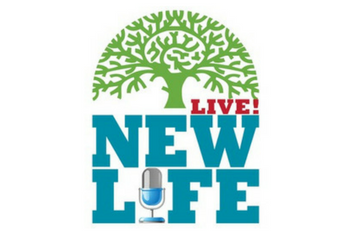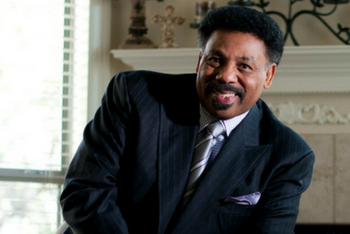“ARRRGGGHHHH!” I yelled as the repair truck cut in front of me.
That’s when I saw the message: “How’s My Driving?” And a phone number. I picked up my phone and dialed. A woman asked me why I was calling, and I vented my frustration. She took down the truck’s number. Then she said, wearily, “You know, you can always call to report someone who’s driving nicely.”
Oh. Her tired words instantly punctured my smug self-righteousness. Embarrassment flooded me. In my zeal for “justice,” I hadn’t paused to consider how my rage-filled tone could affect this woman in her difficult job. The disconnect between my faith and my fruitfulness—in that moment—was devastating.
The gap between our actions and our convictions is what the book of James focuses on. The author challenges us to consider the relationship between our faith and how we live. In James 1:19, we read, “My dear brothers and sisters, take note of this: Everyone should be quick to listen, slow to speak and slow to become angry, because human anger does not produce the righteousness that God desires.” Later, he adds, “Do not merely listen to the word, and so deceive yourselves. Do what it says” (v. 22).
None of us is perfect. Sometimes our “driving” in life needs help, the kind that starts with confession and asks for God’s help—trusting Him to keep filing the rough edges areas of our character.
Source: Our Daily Breat
 New Life Live
New Life Live  The Urban Alternative
The Urban Alternative